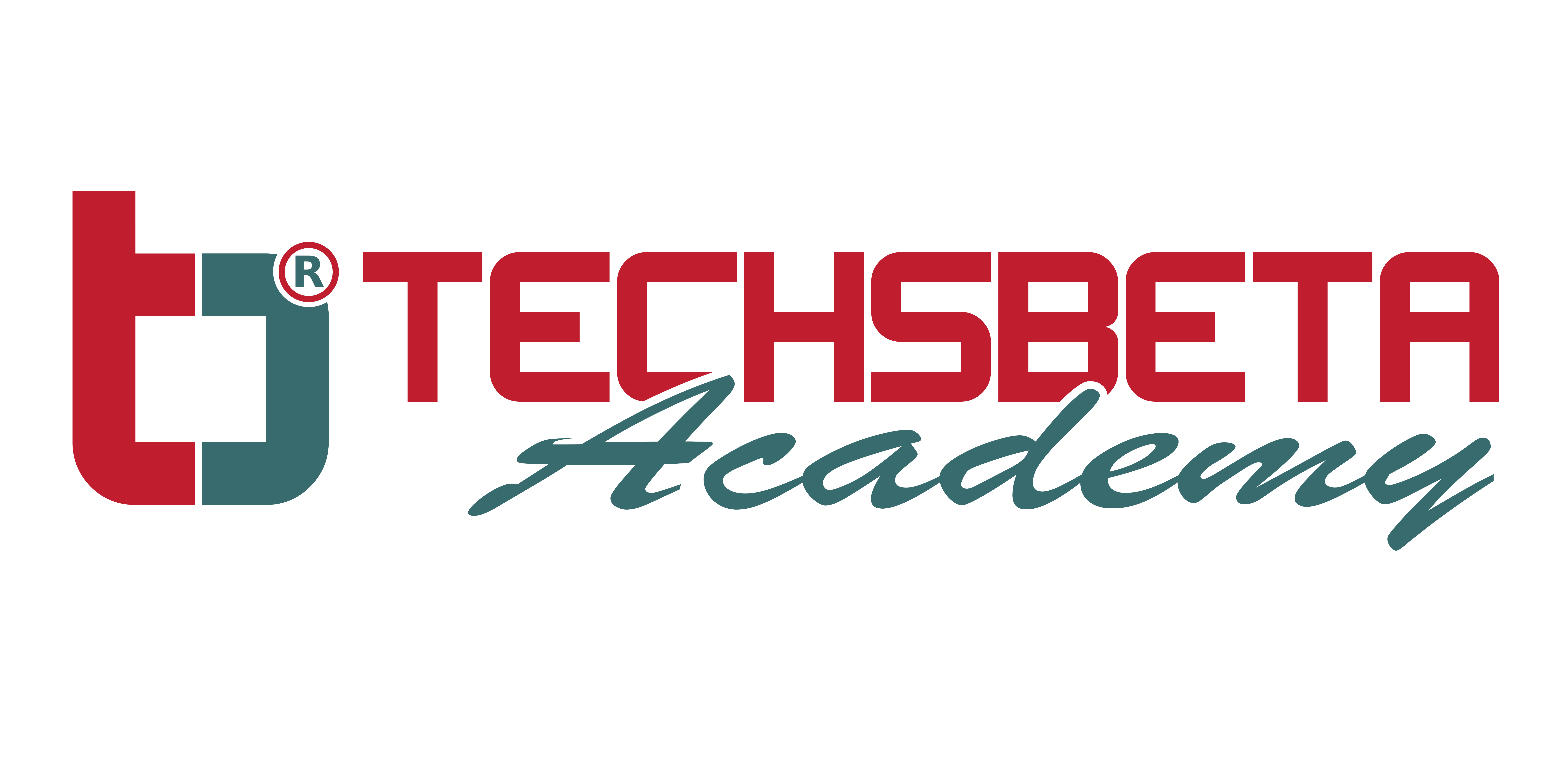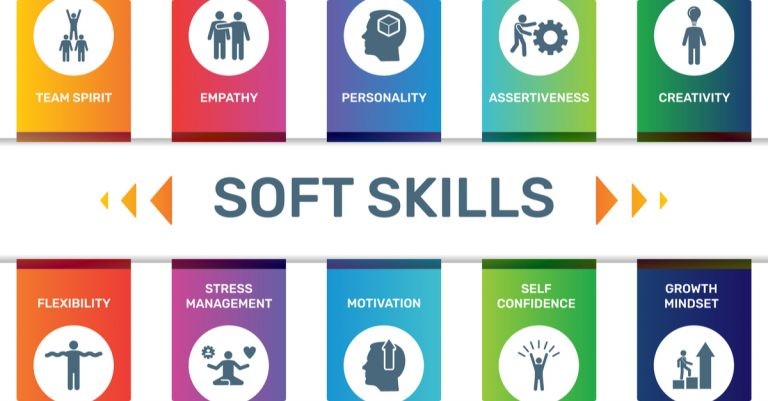Soft skills are crucial in both personal and professional settings. Here's why they're so important:
Soft skills, also known as interpersonal skills or people skills, are non-technical skills that relate to how you interact with others and navigate the world around you. Unlike hard skills, which are specific and measurable abilities that can be learned through education or training, soft skills are more subjective and often come naturally or develop over time through experiences and practice. The soft skills are highly valued in various contexts, including the workplace, education, relationships, and personal development. They contribute to success and fulfillment by enhancing communication, collaboration, problem-solving, and emotional well-being.
The increasing prevalence of AI and automation has made many technical jobs obsolete. For example, jobs such as data entry, bookkeeping, and even some programming tasks can now be automated. This means that if you only possess technical skills in a specific area, you may find yourself out of a job as machines take over those tasks.
In today’s rapidly evolving global landscape, the importance of soft skills cannot be overstated. While technical expertise and academic qualifications are undoubtedly essential, it is often the softer, more intangible qualities that truly set individuals apart and pave the way for success in both professional and personal spheres. This essay explores the significance of soft skills, their impact on various aspects of life, and strategies for developing and honing these invaluable attributes. The rise of digitization has made it easier for businesses to outsource technical work to countries where labor is cheaper. This means that technical skills are no longer a guarantee for job security, as companies can hire skilled workers from anywhere in the world.
The workplace is becoming more interdisciplinary, and technical skills alone are no longer enough to solve complex problems. Today’s workplaces require individuals who can think critically, communicate effectively, and work collaboratively with others. They also require individuals who can adapt to changing situations and be creative in finding solutions to problems. While technical skills are still important, they are no longer enough to succeed in today’s workplace. This means that individuals who can think critically, communicate effectively, work collaboratively, and adapt to change will be highly valued in the workplace. So, if you want to thrive in today’s workplace, make sure you invest in developing your soft skills alongside your technical skills.
Unlocking Success: The Importance of Soft Skills in Leadership Development.
Soft skills are vital to employers, so much so that a recent survey by LinkedIn found that 92% of talent professionals believe soft skills are equally or more important than hard skills when it comes to hiring the right person for the job. In part, this is due to their versatility. As well as helping your chances of getting hired, your soft skills will also help you retain employees who work for you. LinkedIn’s 2022 Workplace Learning Report found that managers must have “supercharged” soft skills and that workers at companies that struggle with these are 50% more likely to look for a new job. Effective communication under high stress, empathising or encouraging a team member who might be struggling, and working collaboratively to meet a deadline are all examples of soft skills that carry the highest importance to any organisation. Soft skills are also uniquely human. In a workplace and job market changing at high speed because of technological advancement, they are the type of skills that cannot, thus far, be replicated by artificial intelligence (AI). This will only increase their importance in the future.
The most important soft skills:
CREATIVITY:
The World Economic Forum’s Future Of Jobs report placed creativity in the top five most important skills for the future. In a post-Covid world, creativity is deemed essential in tackling the problems our organisations and economies face. LinkedIn ranked creativity the most valuable business asset out of 50,000 work-based skills! But creativity as a soft skill doesn’t mean you need to be an artist or designer. It’s about learning to think in a creative way and finding innovative solutions to solve problems for your organisation. As repetitive working tasks are increasingly automated, it’s the creative employee who will be highly valued as they can not only complete the work but also think about how to improve the process itself.
COMMUNICATION:
Effective communication in the workplace is based on your ability to converse productively with others. If you are able to speak to people clearly and politely, while at the same listening empathetically to what colleagues, customers or clients have to say, you will be more productive and achieve better results. Successful communication involves verbal, non-verbal and written skills, coupled with an understanding of active listening.
EMOTIONAL INTELLIGENCE:
Emotional intelligence is your ability to understand and control your own emotions, while at the same time recognising and empathising with the emotions of those around you. Emotional intelligence in the workplace is a highly sought after soft skill. Being able to harness your own emotions whilst understanding your colleagues’ motivations and feelings will lead to more harmonious and productive relationships.
CRITICAL THINKING:
Critical thinking is the ability to reason and analyse information effectively. In the workplace, critical thinking involves the process of taking information or problems and processing them in the most logical way to extract value and find solutions. It’s a highly valued soft skill, in part because it works so well in tandem with other soft skills. For example, if you have strong critical thinking skills, it will improve your time management because you can solve problems quicker.
ADAPTIBILTY:
Adaptability, or flexibility, is the ability to embrace change and challenges with a positive, resourceful attitude. We all face unexpected problems in the workplace, but those with strong adaptability skills are able to approach these calmly and find solutions quicker than those who might be less flexible.
COLLABORATION:
Collaboration, also known as teamwork, is the ability to work effectively with your colleagues. It encompasses and requires a variety of other important soft skills, such as emotional intelligence, adaptability, and communication. Working collaboratively means you can solve problems quicker and better understand your own strengths and weaknesses. Working together also fosters a healthy work environment of learning and sharing between colleagues.
CONCLUSION:
Everyone brings differing levels of soft skills and emotional intelligence to the workplace. Just as technical abilities are important in the workforce, soft skill training is also a necessary investment to make, and businesses must recognise the need to do this, particularly for their millennial employees.

.png)
